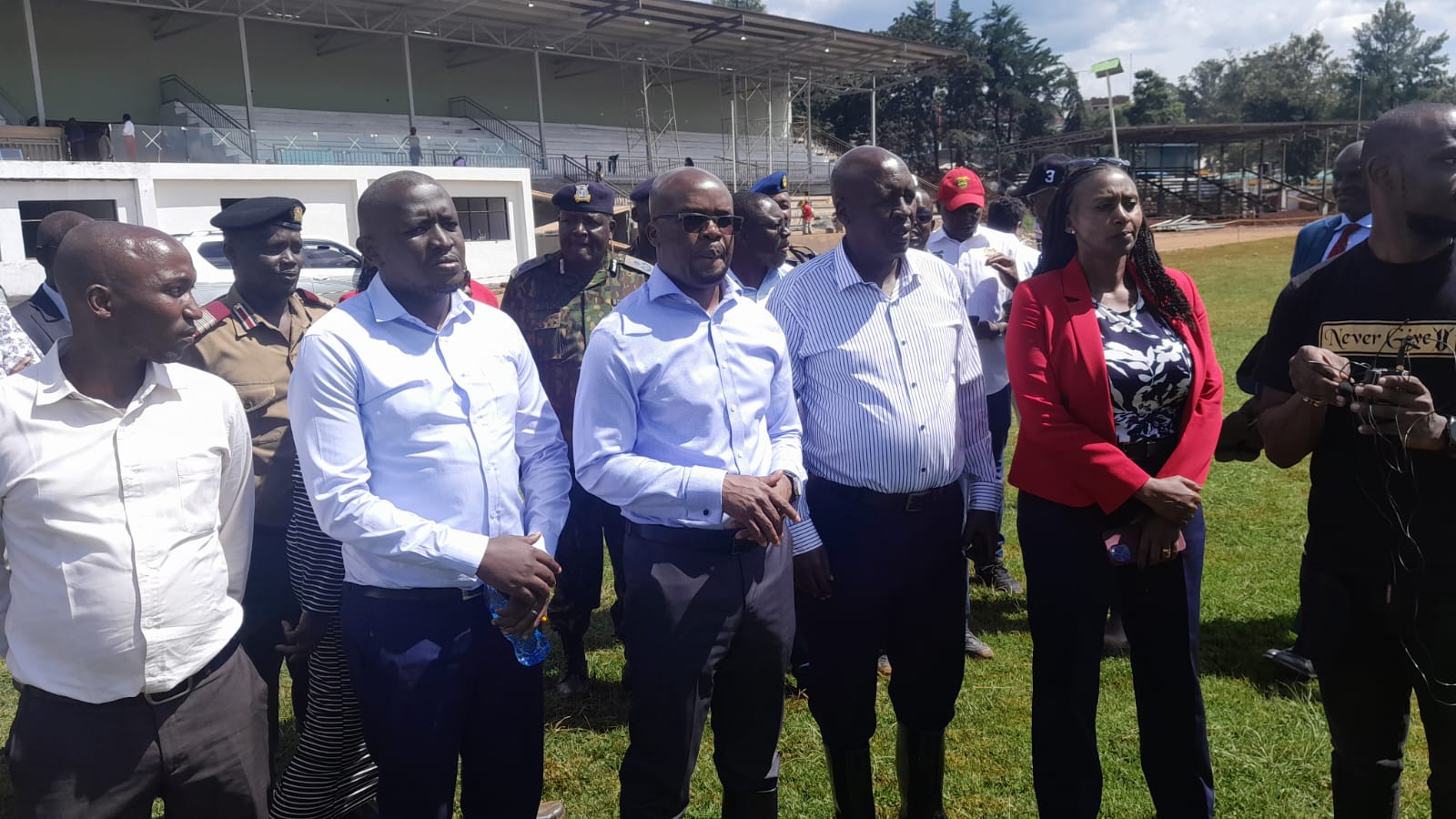Caritas, a Non-Governmental Organisation (NGO) operating in Kitui County on Thursday Trained local journalists on protection of donkeys.
Some 25 journalists were reminded of their powers of pen and duty on reduced donkeys suffering, health, and advocacy for a better life of donkeys as an important domestic animal to the society.
Journalists drawn from Kenya News Agency, TV stations and local FM radio stations were educated on uses of donkeys at a livelihood level, care and protection of donkeys and how to create awareness to the society on donkeys’ better care.
Training the journalists at a forum held at Kitui Pastoral Centre in Kitui town, Caritas project officer, Martin Mwendwa said that the knowledge on donkey welfare at all levels is an important information that media should be fully fed with to mobilize the community on donkey purposes and their care as a domestic animal as well equally to others domestic animals.
He observed that based on recent data, there are 163,000 donkeys in Kitui County which forms a critical resource in community development because it helps rural households in their diverse transportation needs, draught power on agriculture, access to water for domestic/commercial consumption, construction and trade value chains.
“Despite this immense support on livelihoods, donkeys have been neglected and suffer diverse welfare issues due to poor working conditions and failure to recognize the need for care and protection by the donkey owners and users,” Mwendwa lamented.
He expressed regret that numerous cases of abuse of donkeys, poor husbandry practices and slaughtering for their meat has created a volatile environment for donkey care and survival in Kitui County.
“Journalists need knowledge on donkey better life, advocacy against donkey slaughter for meat and they are robust stakeholders on collaboration and productivity benefits of animal welfare. And with this information you will be able to advocate the same to the society and save our donkeys,” Mwendwa said.
He recognised that the role of media on donkey welfare was critical as the audience relied on information from journalists, thus media could not be ignored in protecting the abuse of donkeys.
Mwendwa urged the journalists to help Caritas spread information aimed at advocating donkeys’ better life and sensitization of communities benefits of improved donkeys’ welfare.
He noted that it’s important for a journalist to be equipped with laws concerning animal care according to the 2010 constitution.
“You are key partners in advocacy for better lives of donkeys and in awareness campaigns to communities against slaughter of donkeys for meat, fighting against Dihydrotestosterone (DHT) fighting backyard bush slaughter of donkeys” the Cartas project manager added.
He called on the journalist members of the public to report cases of abuse against donkeys taking place within the county to the relevant authorities as well to the Caritas office for necessary law enforcement.
